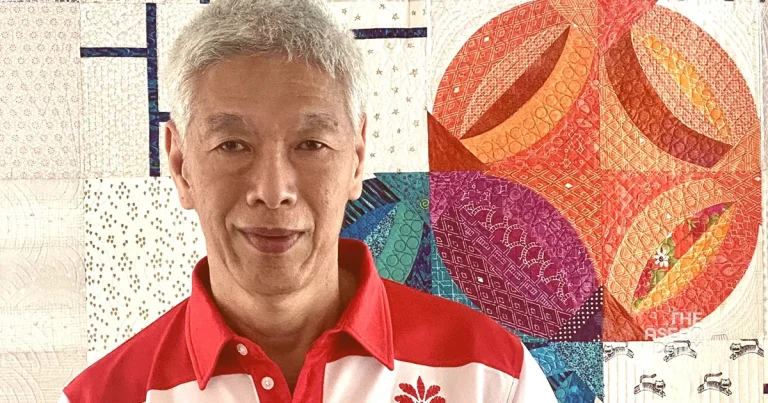23-10-2024 (LONDON) Lee Hsien Yang, the 67-year-old brother of former Prime Minister Lee Hsien Loong, reveals he has been granted political asylum in the United Kingdom, citing fears of state persecution.
The former Singapore Telecommunications chief executive disclosed in a social media statement that British authorities approved his asylum application, originally submitted in 2022, on grounds of “well-founded fear” of persecution. The Home Office has granted him permission to remain in the UK for five years, according to official documentation he shared.
Lee Hsien Yang has been living in self-imposed exile in Europe since June 2022, following a police investigation into him and his wife regarding the handling of his father’s last will. His father, Lee Kuan Yew, was Singapore’s founding prime minister and a towering figure in the nation’s history.
At the heart of this family discord lies 38 Oxley Road, a colonial-era property near Singapore’s retail district, which has been the subject of intense disagreement among the Lee siblings. The controversy has gained renewed attention following the recent death of Lee Wei Ling, who had been residing at the property.
The youngest Lee sibling is currently seeking permission to demolish the house and construct a modest private residence, citing his parents’ final wishes. This move follows years of contention, during which he and his late sister accused their elder brother, the former prime minister, of attempting to circumvent their father’s explicit instructions for demolition.
The Singapore government has issued a detailed 12-page response to media enquiries, emphasising that “there are no legal restraints” preventing Lee Hsien Yang and his wife from returning to Singapore. However, Lee’s absence from his sister’s funeral has further highlighted the depth of the family rift.
This latest development adds another layer to a complex familial dispute that has captivated Singapore since 2017. The controversy has raised questions about power, inheritance, and the intersection of personal and public interests in the city-state’s governance.
The dispute intensified in 2018 when a ministerial committee was established to explore options for the property, a move that the younger Lee siblings viewed as an attempt to obstruct their father’s wishes. The matter continues to evolve, with implications extending beyond family dynamics to touch upon broader questions of governance and accountability in Singapore.




